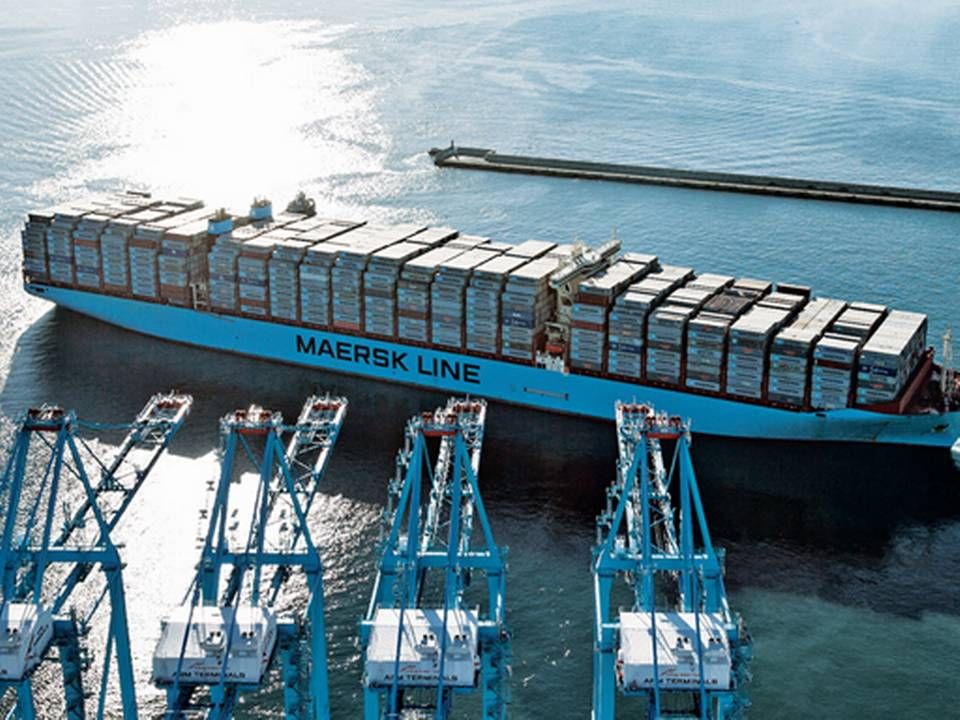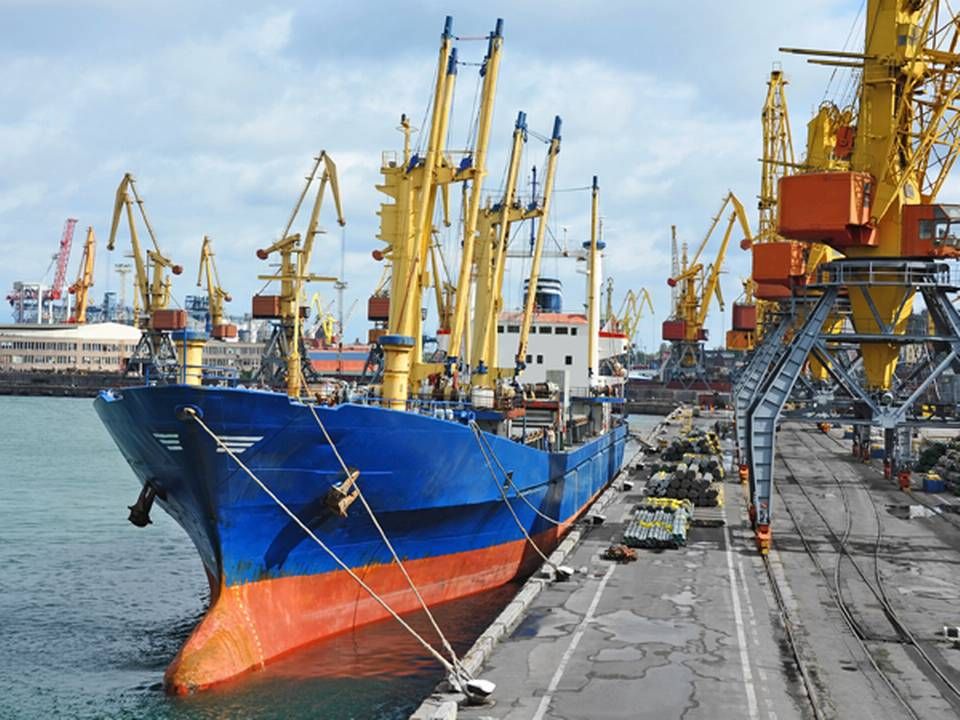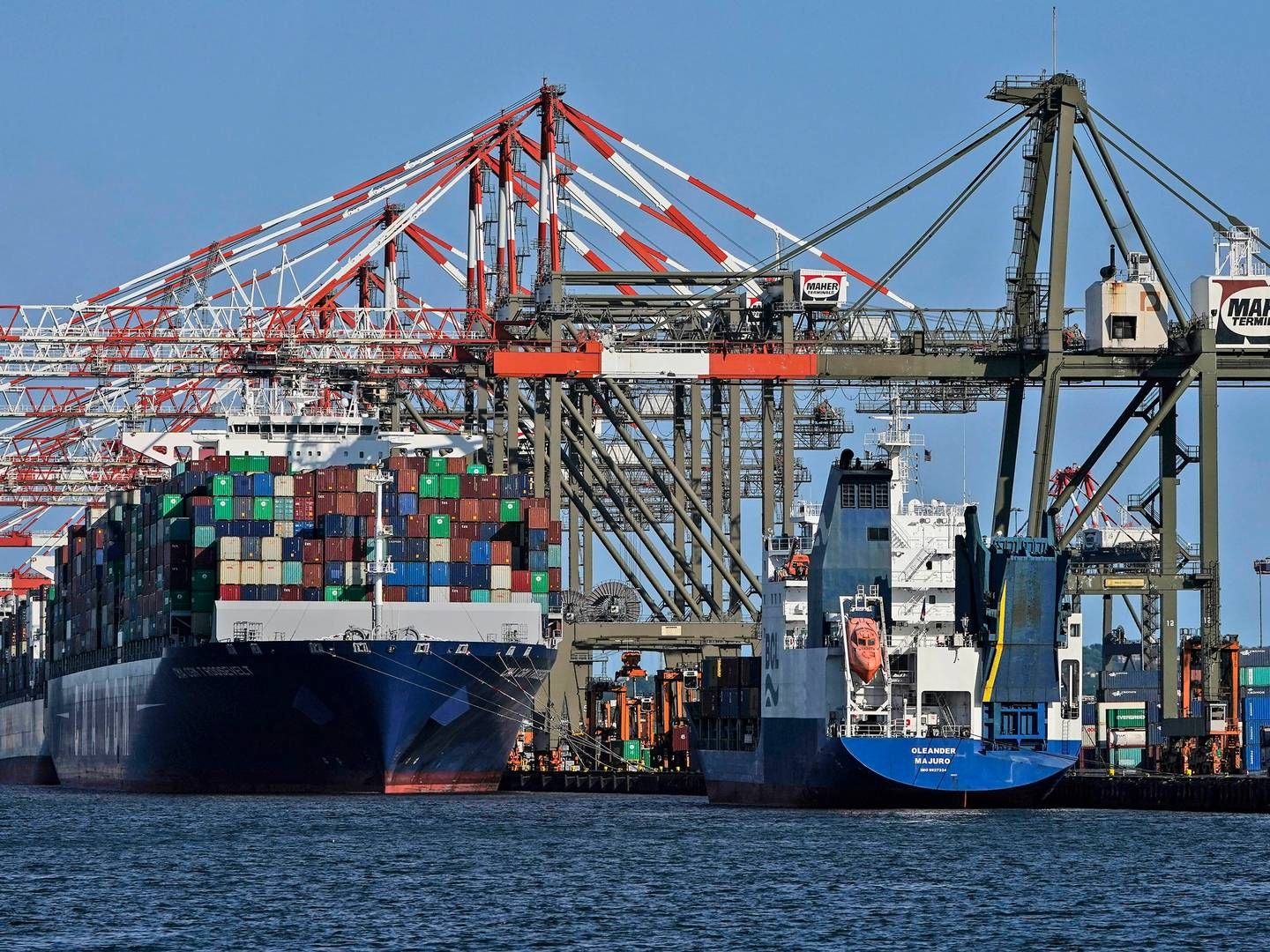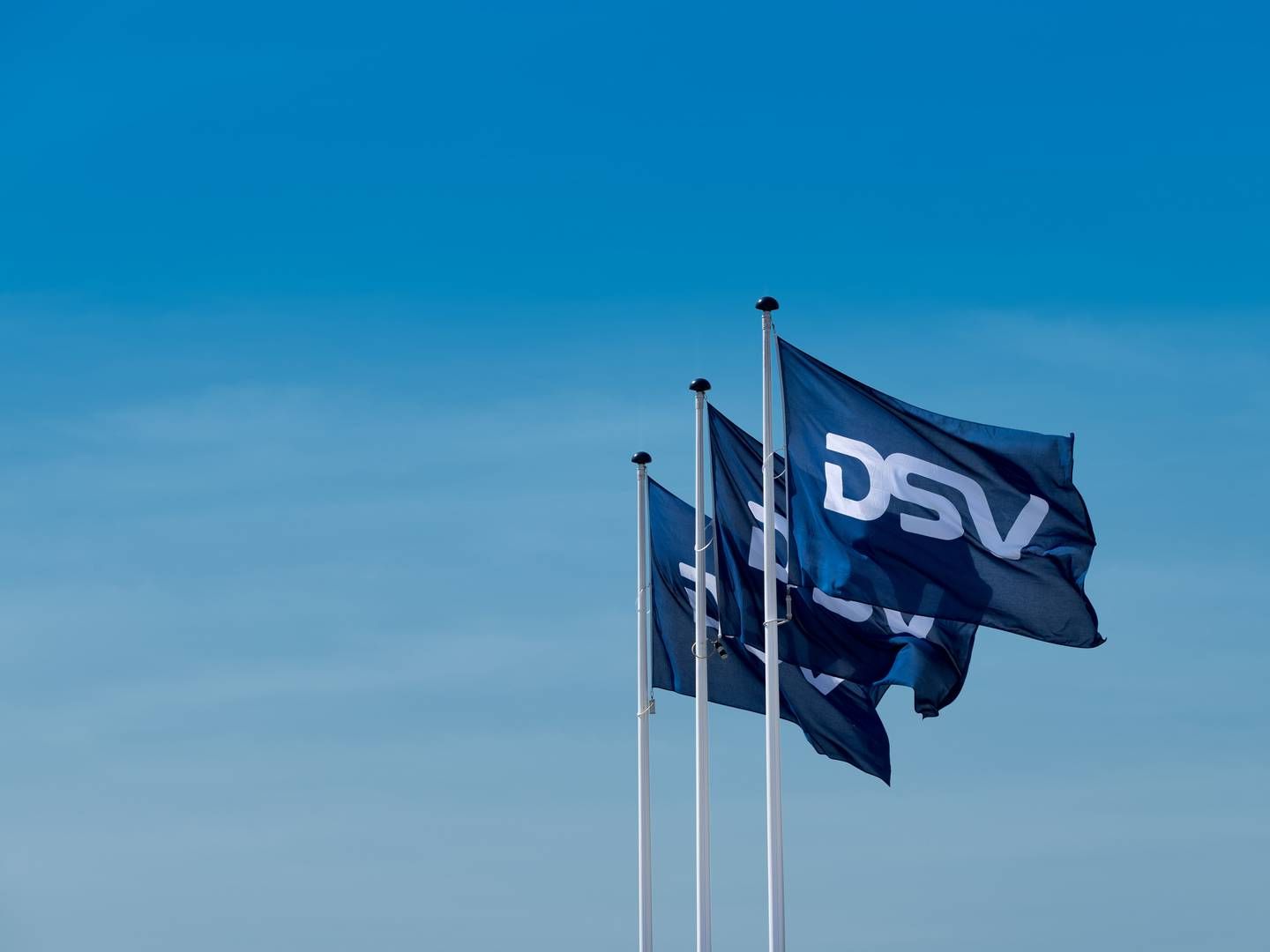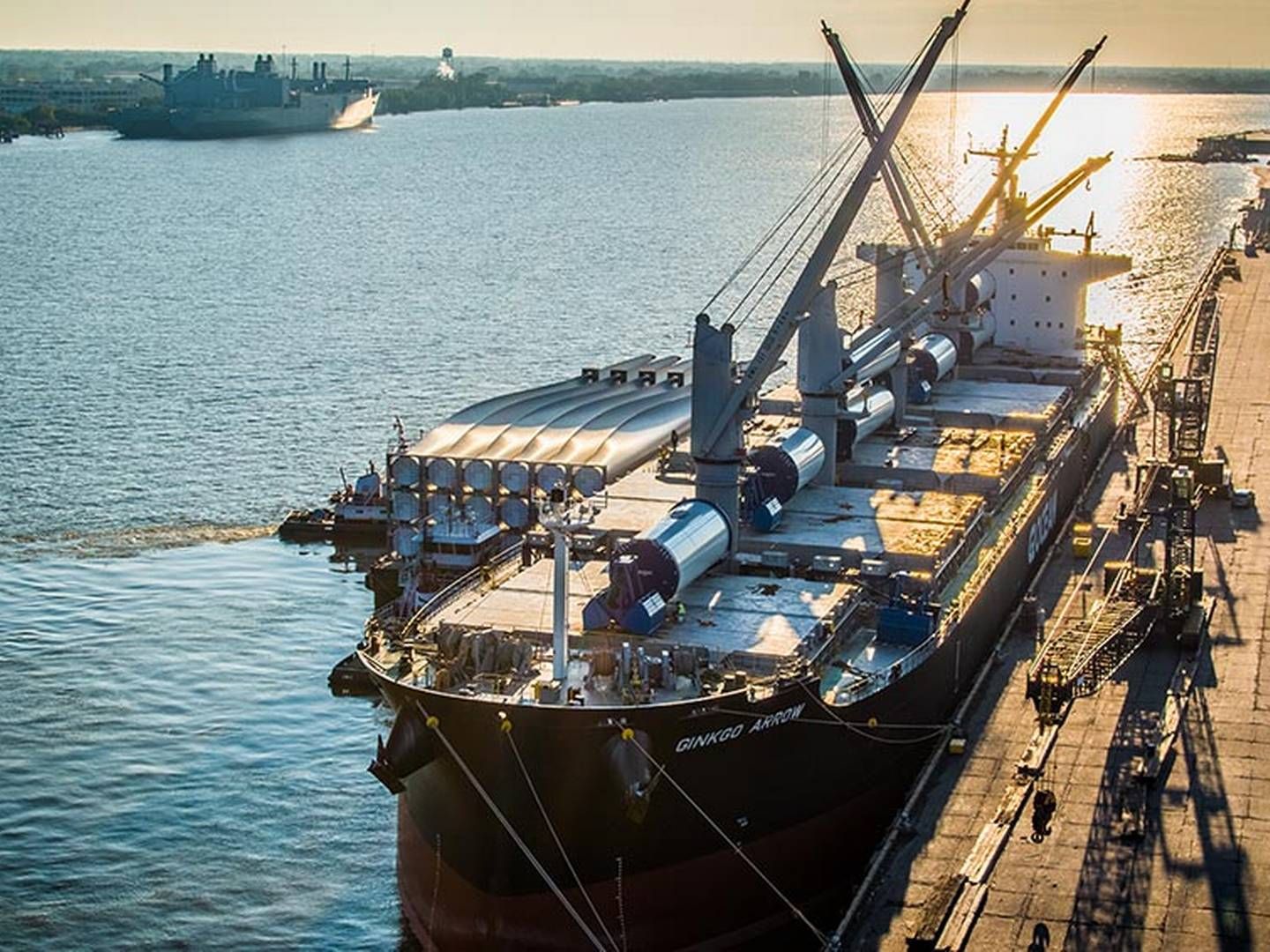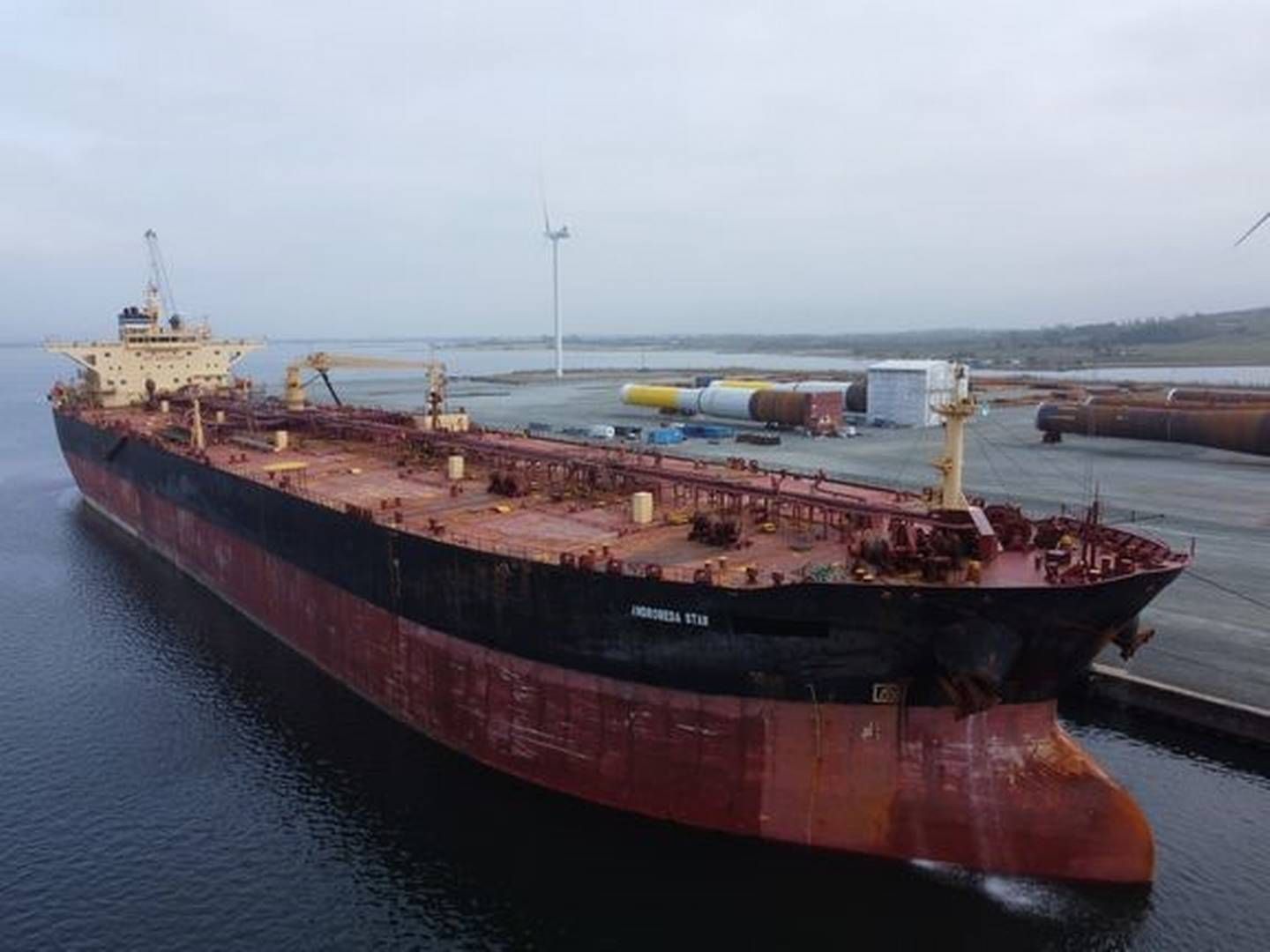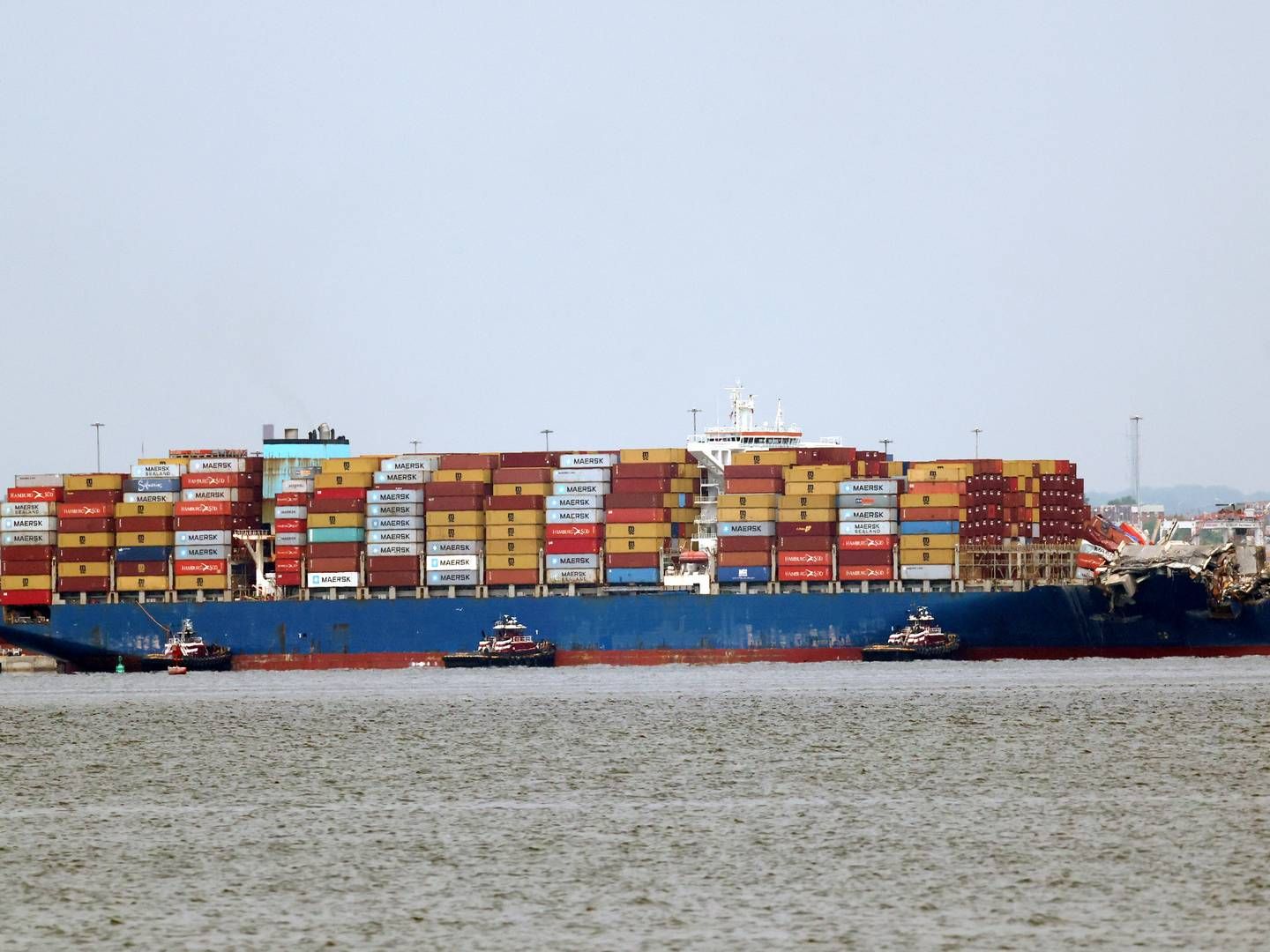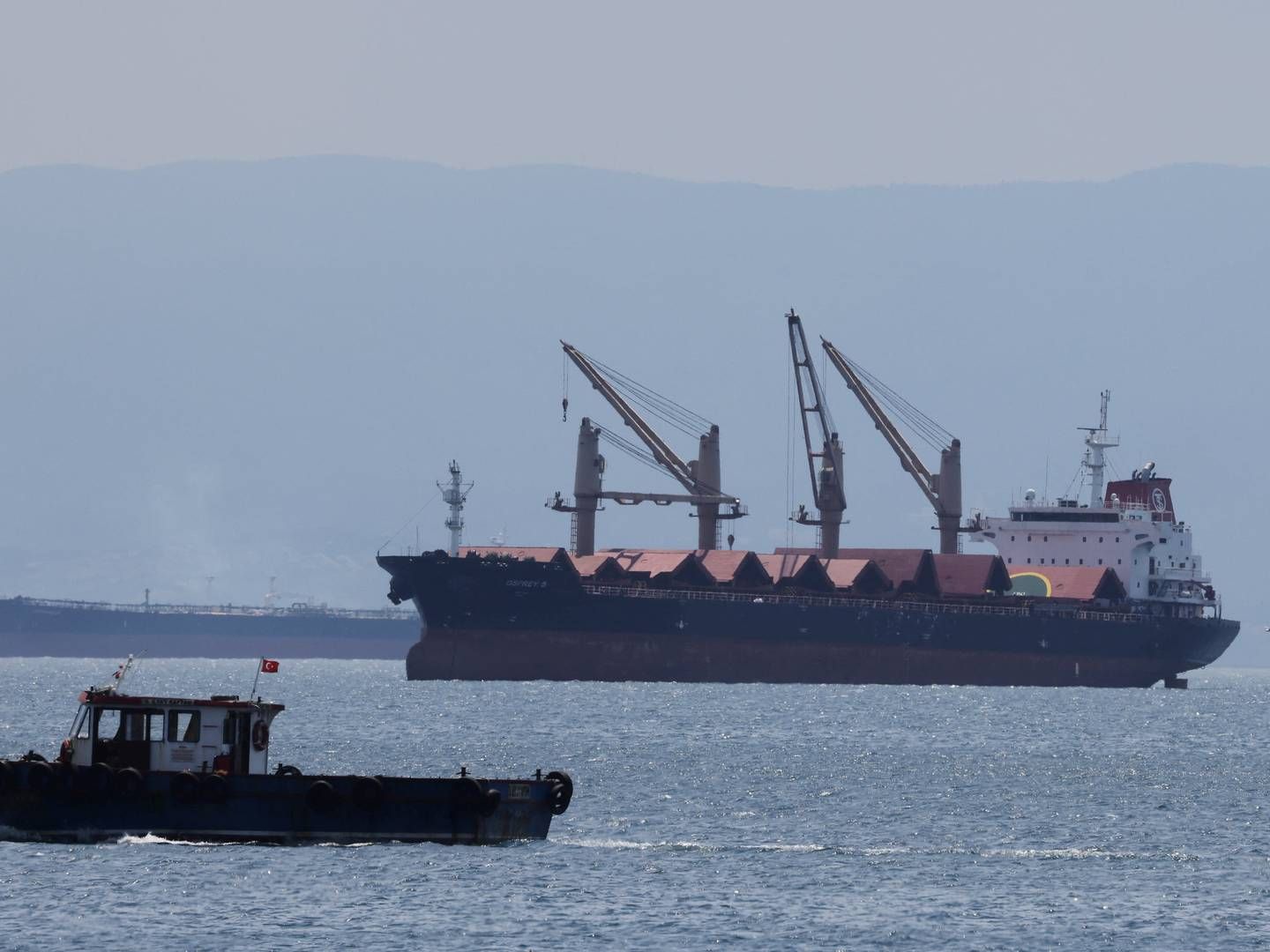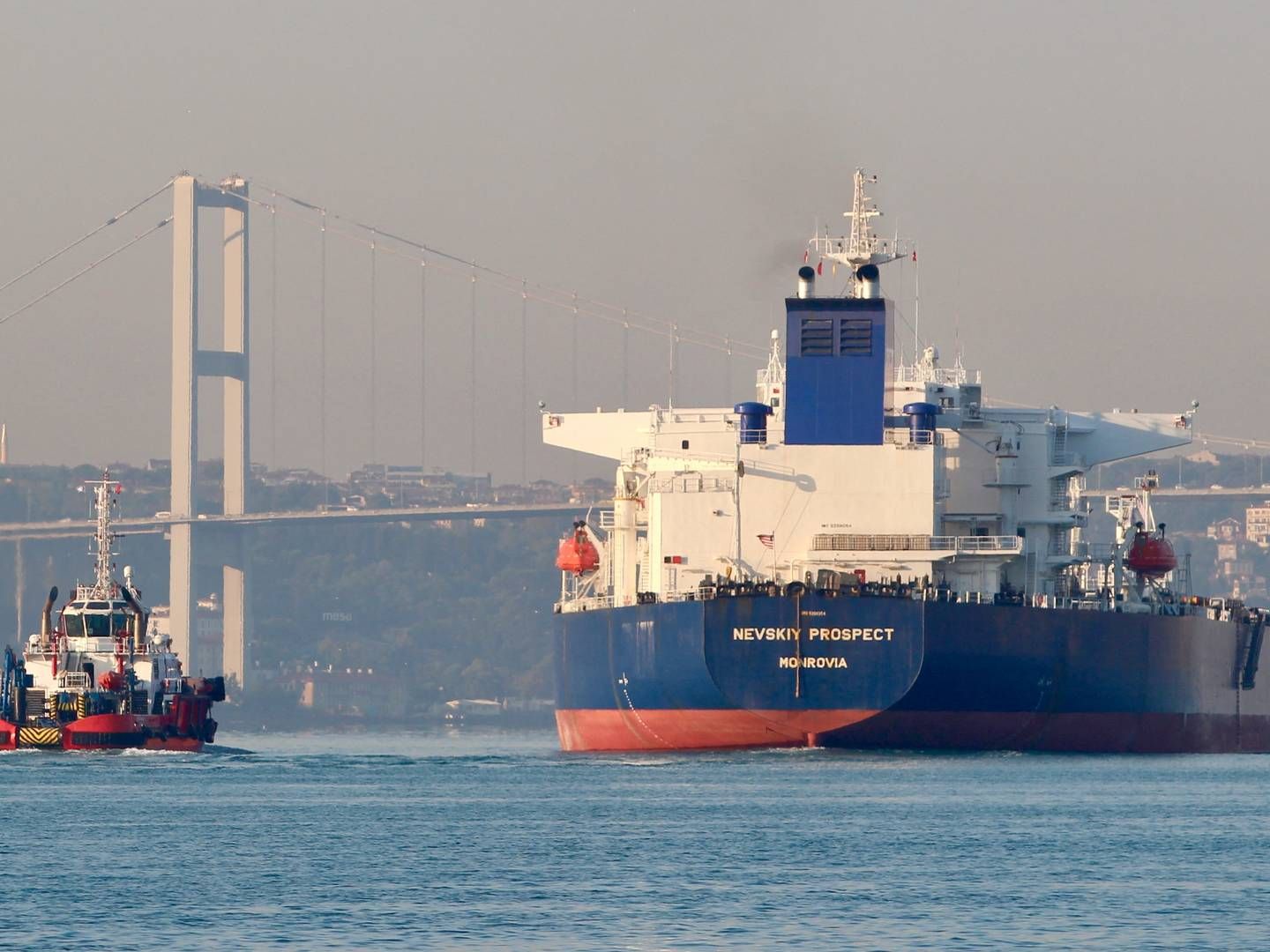Dry bulk market hit by uncertainty after new Russia sanctions
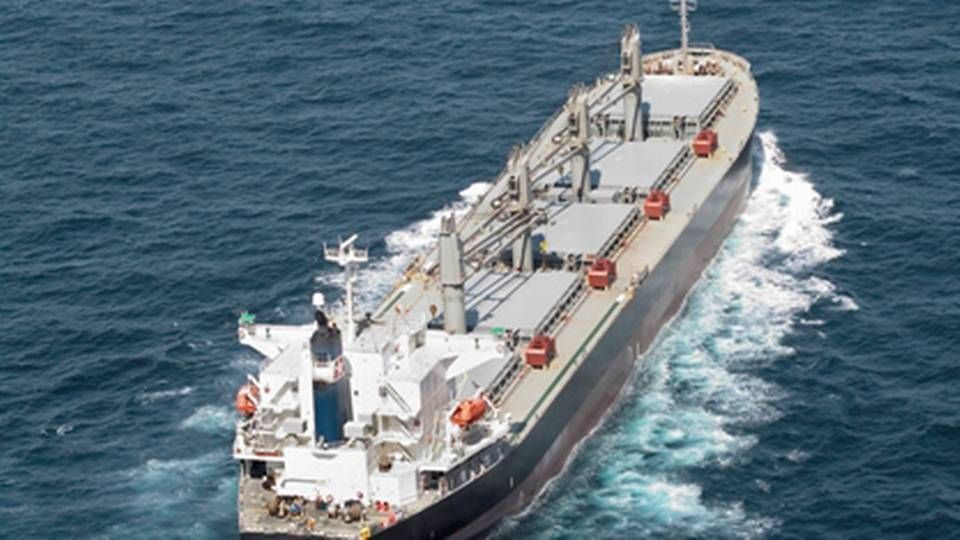
Yet another layer of uncertainty now hits the dry bulk market with the new US sanctions imposed on Russia, which include major aluminum producer Rusal as one of the targets, several observers tell ShippingWatch.
Most recently, Maersk Line terminated a three-year contract signed in 2016 with the Russian miner, while Swiss MSC has also told its offices to not sign new contracts with individuals or people subject to US sanctions.
Rusal is the world's second-largest aluminum producer, and though the metal only accounts for a small part of the dry bulk market, it is made from one of the biggest raw commodities in the sector, bauxite, and Rusal's international network stretches from Sweden to Australia.
Uncertainty is always bad news for shipping, Peter Sand, chief analyst at Bimco, tells ShippingWatch.
"No matter how small a part it is, any uncertainty will spread like the plague to the rest of the market. We're not worried about the war volumes, but rather the restrictions and consequences that arise when people act differently than they would in an optimal market," he says.
Contracts with Rusal terminated
Several companies have already reacted to the sanctions out of fears of being included in them. Rio Tinto, which supplies bauxite for some of Rusal's refineries and which buys refined aluminum, has according to Reuters announced that it will cite force majeure to terminate some of its contracts with the Russian mining company. And once the contracts for ships in the market expire, the ships will have to find other employment.
"If cargoes are removed from a market, and if these are typically long cargoes, these ships will go elsewhere. So not only will they lose some cargoes, there will likely also be too many ships located in places where there would otherwise be a better balance," says Sand.
Contracts often account for situations like these, where things do not go entirely as expected, he explains.
"If you have an agreement that dictates fairly accurately what to do in such cases, the agreement typically also stipulates which options are available when things don't happen entirely as expected."
At Norwegian dry bulk operator Torvald Klaveness, CEO Lasse Kristoffersen has also noted a change in the market in recent weeks, and the new sanctions could be a factor here. The sanctions do not impact the Norwegian company directly, but they have triggered a degree of uncertainty in the market, he explains.
"Indirectly this causes major displacements throughout the supply chain," he says.
"But what we're specifically hit by in the aluminum market are the problems faced by Hydro in Brazil, where the company has had to shut down half of the capacity at its refinery. Generally in the aluminum sector there are many factors and unforeseen events, which have forced prices up and pushed supply certainty down. So that hits us," explains Kristoffersen.
ShippingWatch has tried to get a comment from Rusal, but the company declines to comment on the developments.
Looming trade conflict
Furthermore, the risk of a de facto trade war between the US and China has put a damper on the burgeoning optimism in the dry bulk sector, which has for years been mired in overcapacity and struggled with the lowest rates in decades.
US President Donald Trump has announced tariffs on Chinese-made products totaling billions of dollars, and China has responded with similar threats.
The risk of a trade war between the world's two biggest economies has also triggered nervousness throughout the global financial markets. Economists fear that a trade war will have negative consequences not just for the two countries but for large parts of the global economy.
When dry bulk shipping companies in the near future publish their results for the first three months of the year, the numbers will likely not, for several reasons, reflect the recovery the sector has been calling for. Quite the opposite, in fact.
Morgan Stanley, among others, recently lowered its estimates for the listed dry bulk shipping companies after a weak start ti the year in the sector, due mainly to lower iron ore volumes being shipped.
English Edit: Daniel Logan Berg-Munch
Three Maersk companies hit by new sanctions against Russia
Japanese commodity traders to Rusal: Halt aluminum shipments
Related articles
Three Maersk companies hit by new sanctions against Russia
For subscribers
Japanese commodity traders to Rusal: Halt aluminum shipments
For subscribers

